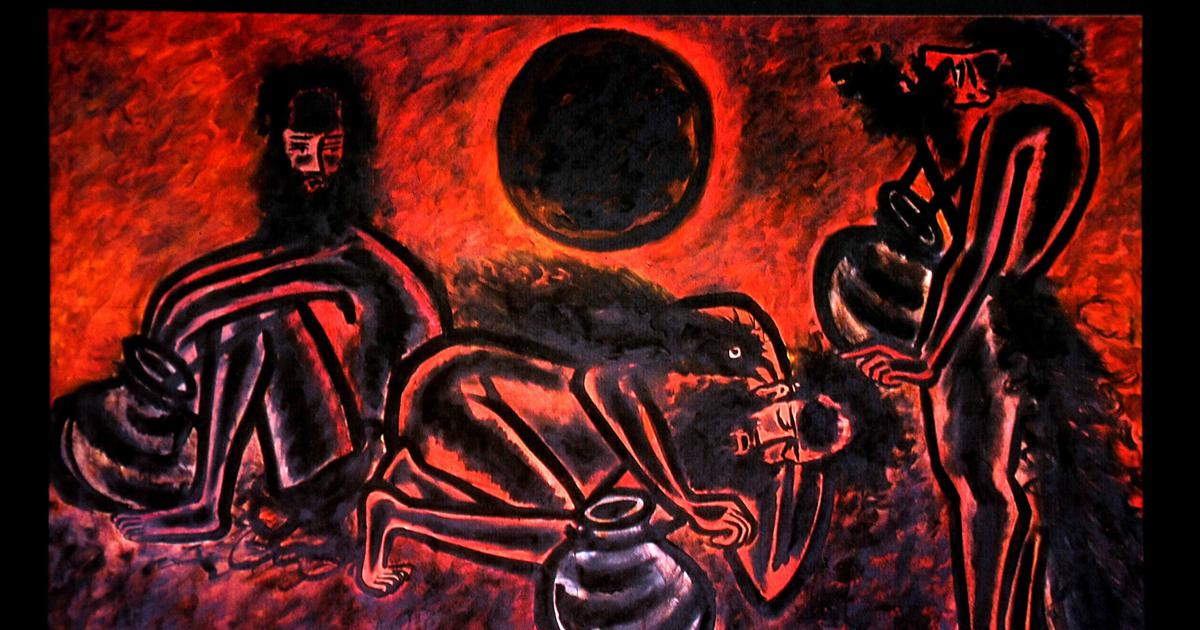Reclaiming "Othered" Epistemologies: Dalit Perspectives in Postcolonial Scholarship
DOI:
https://doi.org/10.15664/vjzz8t10Keywords:
Dalit Epistemologies, Postcolonial Scholarship, Subaltern Perspectives, Discourse Analysis, Decolonial ThoughtAbstract
This research delves into the intricate dynamics of the concept of subalterns within Postcolonial scholarship, mainly focusing on contributions from South Asian academia. It critically addresses the marginalisation of resurgent epistemologies and the revitalisation of other ontologies in South Asia, overshadowed by dominant systems and paradigms, especially those perpetuated by Upper-caste Savarna scholars. It interrogates how postcolonial scholarship, dominated by upper-caste savarna academics, continues to sideline Dalit epistemologies (and perspectives) within South Asian intellectual life. Framing this silencing as an epistemic crisis, it argues that mainstream notions—such as the celebrated “plurality” of lifeworlds—remain ill-equipped to grasp Dalitality or the subaltern condition. Using discourse-analytic methods, the article tracks how experience and theory co-produce Dalit subjectivity, exposing the persisting outsider–insider split that governs academic representation and sustains “soft” censorship of dissenting knowledge. Grounded in Dalit and Southern theoretical traditions, the analysis re-centres marginalised ontologies, maps the isolation tactics embedded in scholarly practice, and uncovers the corrupt epistemologies that follow. By foregrounding subaltern writings and perspectives, the paper shifts discussion from rhetoric to praxis, proposing that genuine decolonial insight emerges only when those historically excluded steer academic and global debates. In advancing this claim, the research calls for transversal solidarities that redraw intellectual boundaries and foster a more inclusive, equitable response to shared planetary challenges.

Downloads
Published
Issue
Section
License
Copyright (c) 2025 Harshul Singh

This work is licensed under a Creative Commons Attribution 4.0 International License.

